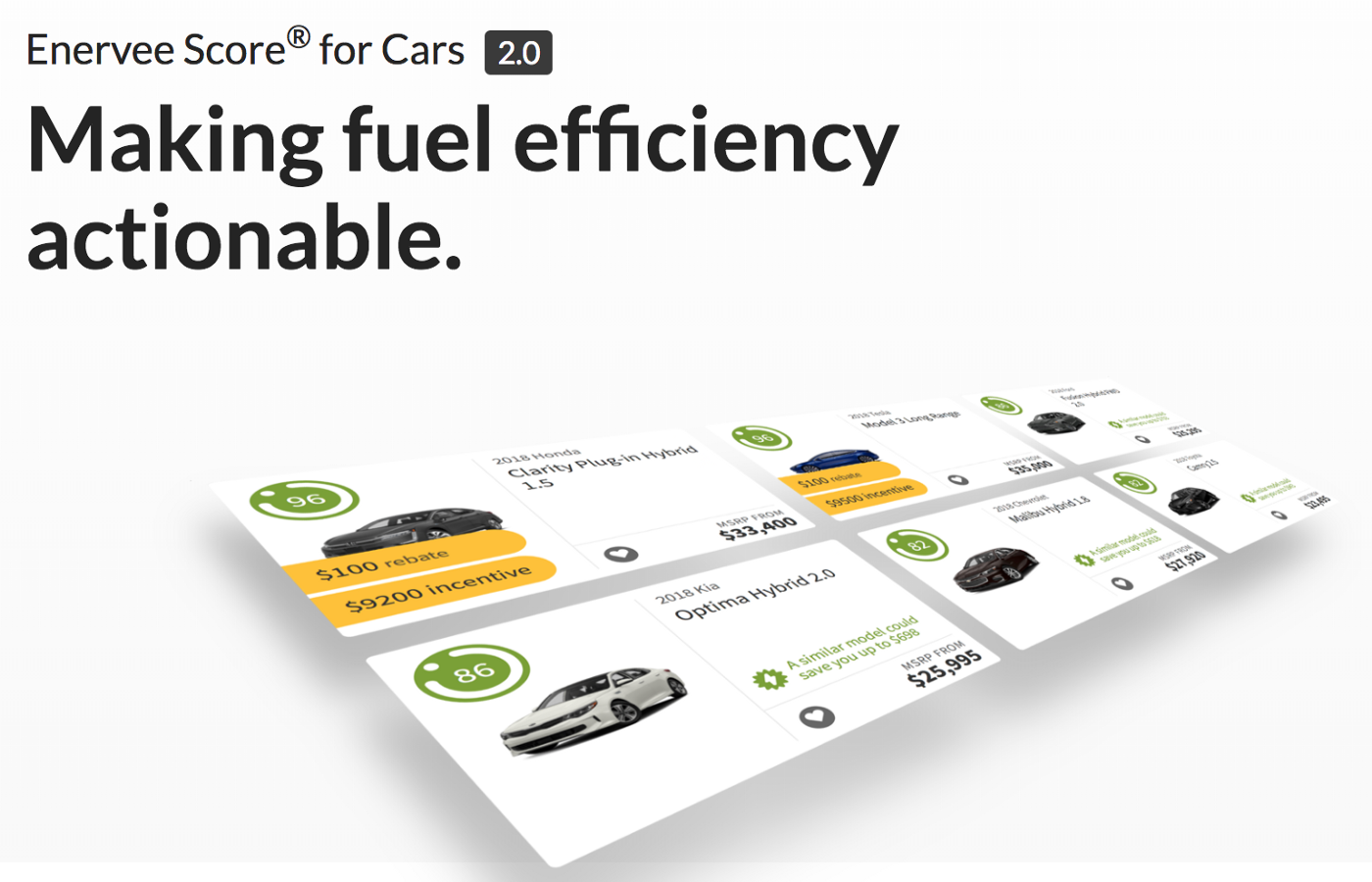According to Advanced Energy Economy (AEE), a national association of businesses with a mission to transform public policy to enable rapid growth of advanced energy, the evolution of transportation will depend to a large extent on the choices of consumers.
This may seem self-evident, but the consumer perspective can easily get lost in the high-stakes discussions surrounding electric vehicle (EV) charging infrastructure – what’s needed where and when, who should provide it and how to pay for it.
Released on September 20th, AEE’s Regulatory Plan for America’s Electric Transportation Future underscores the importance of improving market transparency and developing data-driven customer engagement programs that leverage behavioral insights to stimulate consumer demand for EVs.
Although consumers desire key attributes provided by EVs – in particular, saving money on fuels costs and reducing environmental impacts – the report quotes various surveys indicating that the vast majority of people remain completely unaware of the existence of EVs.
The relatively brief time that electric vehicles have been available in the mass market, a shortage of automobile manufacturer marketing, unavailability of EV models in specific markets, and a lack of market transparency in terms of the relative operational efficiency and emissions of vehicles across fuel and engine types are some of the reasons cited by AEE for lack of consumer awareness.
The Enervee team has addressed that last point head on, by introducing the Enervee Score for Cars.

Quoting Enervee’s own in-house research, AEE emphasizes how important it is for regulators to leverage the existing relationships that utilities have with their customers to help them navigate the unfamiliar and complex considerations surrounding an EV purchase. According to AEE’s Regulatory Plan:
“When consumers are armed with a simple and credible way to choose vehicle models that are zero-emission, inexpensive to operate, and do not cost more to purchase, 84% would be likely (45% extremely likely) to opt for an electric over a conventional car model.”
Several of Enervee’s partner utilities are already leading the way to respond to this clear call to action from consumers with their Cars choice engine deployments, which I recently wrote about, and insights from these pioneering deployments can inform regulators grappling with the role of utilities in driving EV adoption and supporting a self-sustaining market for clean vehicles without incentives.
AEE’s Regulatory Plan also weighs in on six other recommendations, including the need for utility planning and operations to fully integrate electric vehicles, the roles of various stakeholders in electric vehicle charging infrastructure ownership & financing, rate designs, and ensuring that vulnerable populations aren’t left behind.

